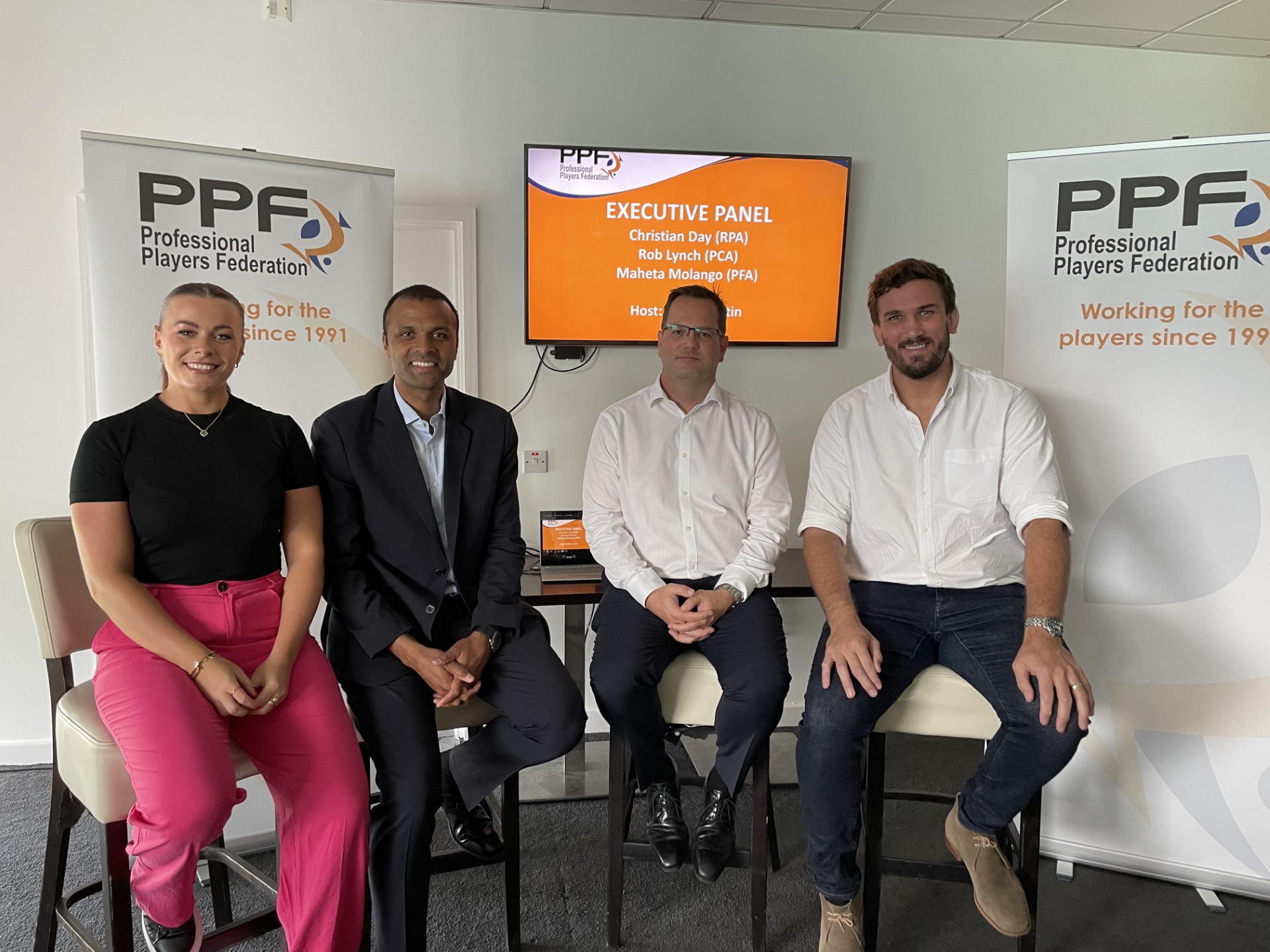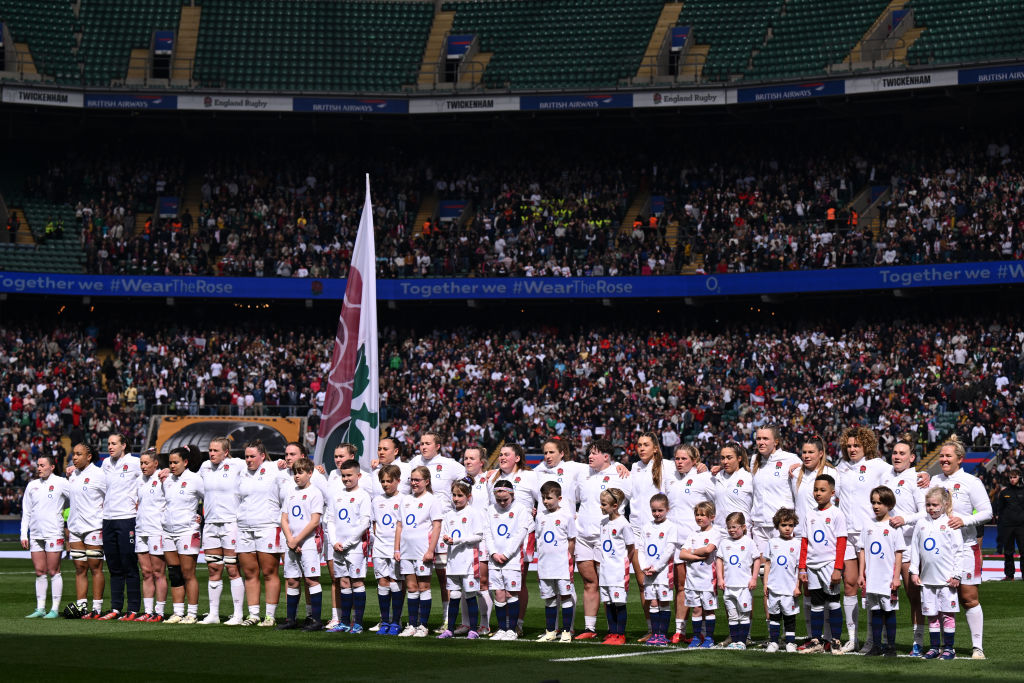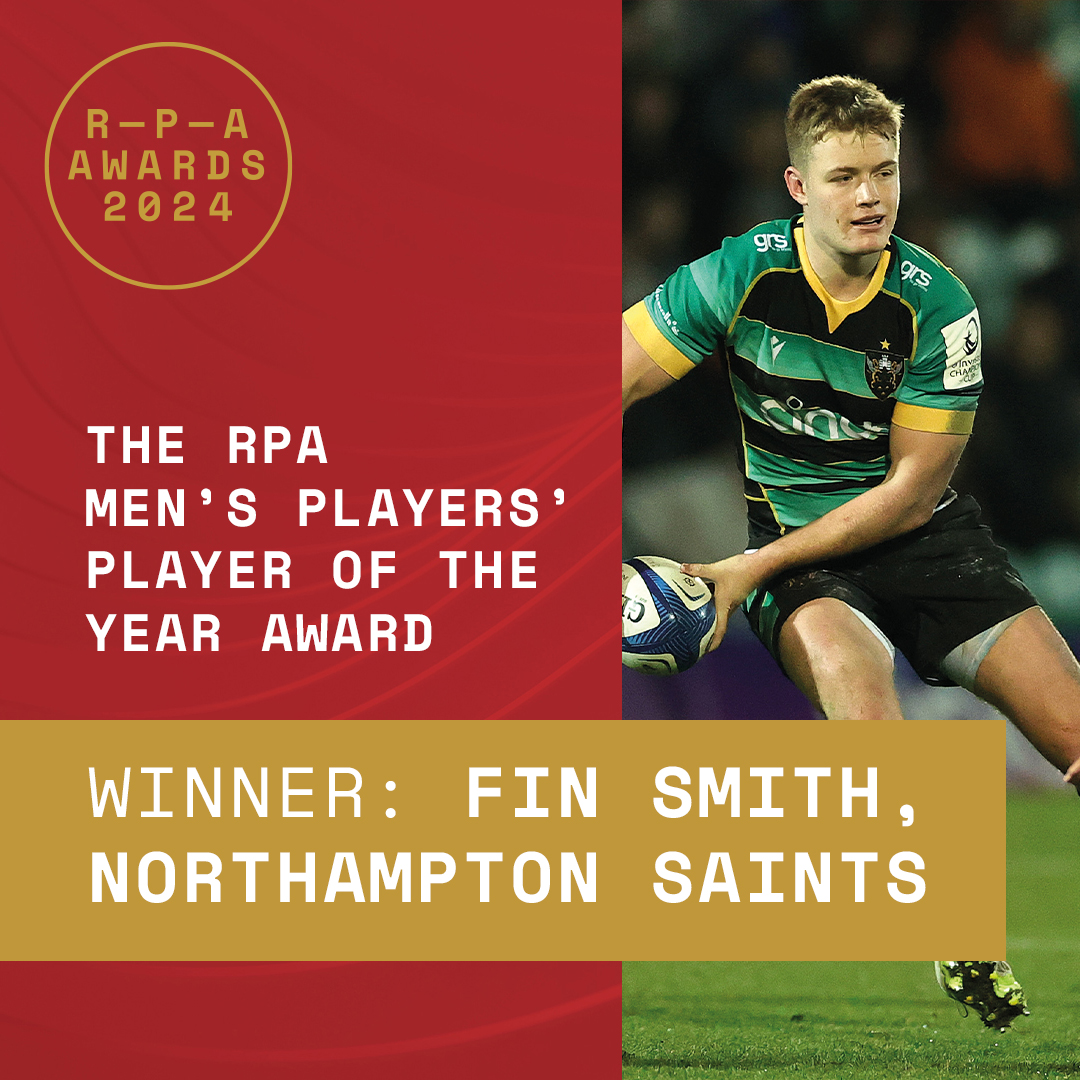Player Association Leaders On Women's Sports: Athletes Must Be Involved In Decisions Which Impact Their Futures

The leaders of the player associations for football, cricket and rugby have said that governing bodies in women’s sports must prioritise the views of players when making key decisions about their futures.
Maheta Molango (Professional Footballers’ Association), Christian Day (Rugby Players Association) and Rob Lynch (Professional Cricketers’ Association) came together yesterday (5th July) to speak to an audience of current and former female players at an event organised by the Professional Players Federation (PPF)
The event, held at the Kia Oval ahead of the Women’s Ashes IT20, was part of the PPF’s Female Athletes Week.
PFA CEO Maheta Molango, who also sits on the Board of the global player union FIFPRO, said that players from the women’s game often felt that they were “on the outside” of decisions being made about their futures, and pointed to the success of the player-led campaign for increased World Cup prize money, to be paid to players by FIFA, as evidence of the power of collective action.
Molango said:
“Players from the women’s game are clearly understanding the importance of standing together to achieve positive change. The campaign for FIFA to improve conditions and prize money at the World Cup was supported by their unions, but it was driven by the players.
“We are seeing now, with many countries who are going to the World Cup, players being prepared to stand their ground when they don’t think they are being listened to. They are right to do that.
“Issues like this really highlight for players the value of the kind of Collective Bargaining Agreements that countries like the USA have in place in their sports, which strong player unions and associations are crucial to achieving.”
Rob Lynch, who leads the Professional Cricketers’ Association, said that it was important that player associations were able to work constructively with governing bodies but that, where there was disagreement, it was vital that players stuck together and maintained a collective voice.
“We have to work collaboratively with the ECB in many areas and it’s important that we have a constructive relationship with them.
“Whilst we must have that collaborative relationship, by virtue of the fact that they are the governing body and we represent the players, we are going to have issues and will need to have robust conversations.
“For the PCA, the collective voice is so key. When we have an issue, we need to go back to the players, explain it to them and ask them to stay tight.
“Fundamentally, keeping our players closely aligned on key topics allows us to represent their interests in the strongest way.”
General Secretary of the Rugby Players Association, Christian Day, said the role of the union in making sure that players voices were heard by those in charge had been instrumental in establishing a “world leading maternity policy” in the sport.
“If one player is expected to put their head above the parapet and try and solve issues, it’s invariably, in professional sport, bad for that player in the long run.
“For me, the key aspect of an association is the collective voice and making sure you use that voice in the right way. Empowering the players to speak up about what they care about is what I try to do, and then to introduce them to forums where they can make a difference.”
“The collective voice of the Red Roses (the England national women’s team) is very, very strong.
The Professional Players Federation (PPF), the national organisation for the Player Associations in the United Kingdom, currently has twelve member associations and focuses on cross-sport issues that affect all the members such as career transition, mental health and anti-doping.
As part of its Female Athletes Week, it is highlighting case studies and best practices setting out how player associations and unions can best support its female members.
PHOTO CAPTION: Host Mikki Austin, with Maheta Molango, Christian Day and Rob Lynch


















